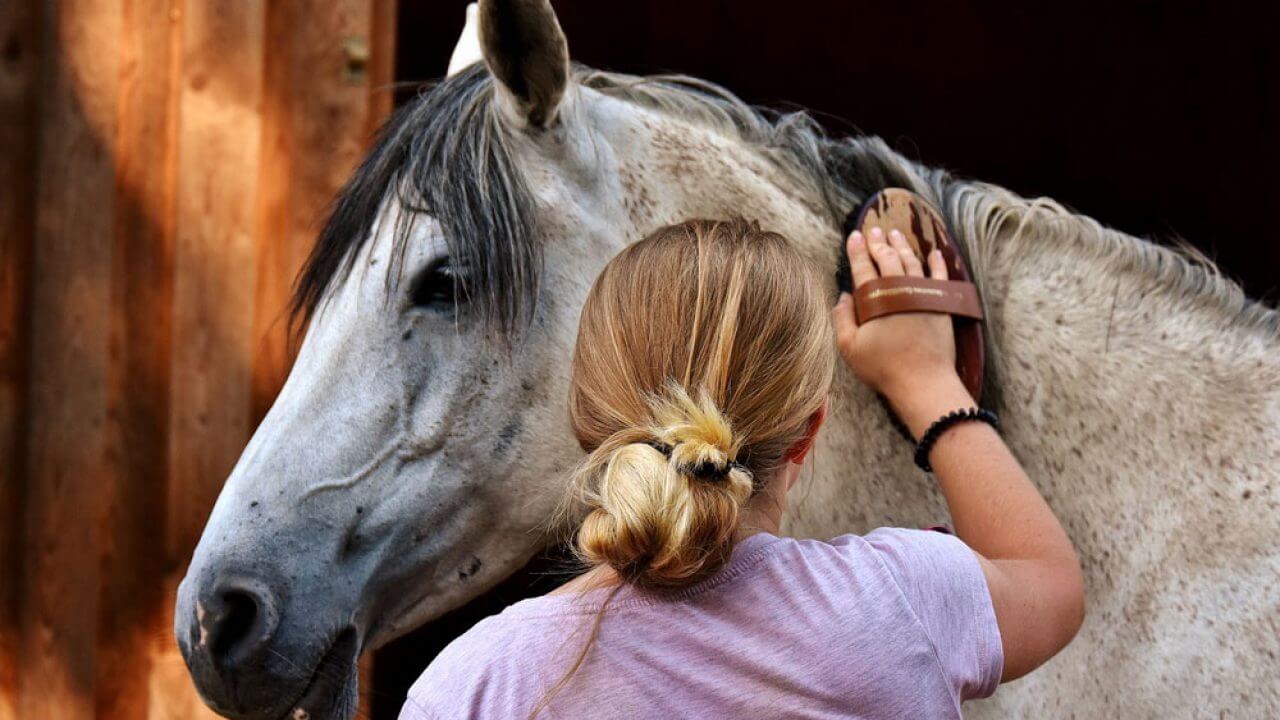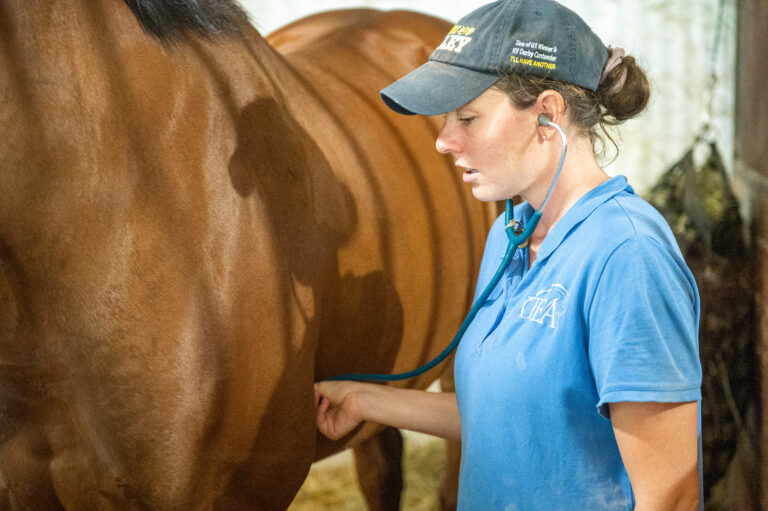As horses age, they become more susceptible to various common senior horse diseases. Understanding these ailments is crucial for any equestrian enthusiast aiming to provide the best care for their aging companions. Having a comprehensive knowledge of these health issues can make a significant difference in the quality of life for senior horses.
In this article, we delve into the most common senior horse diseases, providing insights and guidance on how to manage them effectively. From arthritis to dental problems, acknowledging these conditions early on can lead to better management and treatment, ensuring your horse enjoys its golden years.

Understanding the Aging Process in Horses
Just like humans, horses go through an aging process that impacts their health and wellbeing. As they grow older, their immune system weakens, making them more prone to diseases. Recognizing the signs of aging in horses is the first step toward effective management.
Signs of Aging in Horses
Senior horses might exhibit various signs of aging, such as weight loss, reduced activity levels, and changes in coat condition. Being attentive to these signs can help in early diagnosis and treatment of potential diseases.
Common Senior Horse Diseases
Arthritis
One of the most prevalent common senior horse diseases is arthritis. It affects the joints, causing pain and stiffness. Regular exercise and maintaining a healthy weight can help manage arthritis in horses.
Cushing’s Disease
Cushing’s Disease, or Pituitary Pars Intermedia Dysfunction (PPID), is another frequent condition in aging horses. It impacts the pituitary gland, leading to hormone imbalances. Symptoms include excessive thirst, a long curly coat, and muscle wastage. Early diagnosis and medication can help manage this condition effectively.
Dental Problems
Dental issues are common in senior horses, affecting their ability to chew and digest food properly. Regular dental check-ups are essential to prevent severe dental diseases. Learn more about horse tooth grinding and how to manage it effectively.
Respiratory Issues
Respiratory ailments, such as chronic obstructive pulmonary disease (COPD), can significantly impact a horse’s quality of life. Ensuring a dust-free environment and providing proper ventilation can help alleviate symptoms.
Metabolic Disorders
Metabolic disorders, like Equine Metabolic Syndrome (EMS), affect the horse’s ability to regulate insulin and blood sugar levels. A proper diet and regular exercise are crucial for managing these conditions.
Managing Common Senior Horse Diseases
Regular Veterinary Check-ups
Frequent veterinary visits are essential for early detection and management of common senior horse diseases. Vets can provide tailored advice and treatment plans for your horse’s specific needs.
Proper Nutrition
A balanced diet is vital for maintaining the health of senior horses. Understanding senior horse hay requirements and incorporating appropriate supplements can enhance their diet. Explore more about supplements for aging horses.
Exercise and Physical Therapy
Exercise plays a critical role in managing arthritis and other mobility issues. Tailored physical therapy can improve joint flexibility and reduce pain.
Hydration
Ensuring adequate hydration is crucial for preventing kidney and urinary tract issues. Learn useful senior horse hydration tips to keep your horse healthy.
Preventative Measures
Vaccinations and Deworming
Regular vaccinations and deworming are essential to prevent infections and parasitic diseases. Discuss with your vet the best schedule for your senior horse.
Environmental Management
Maintaining a clean and safe environment can significantly reduce the risk of respiratory and other diseases. Regular cleaning and proper stable management are key.

FAQs
What are the signs of aging in horses?
Common signs include weight loss, reduced energy, and changes in coat condition.
How can I manage arthritis in my senior horse?
Regular exercise, weight management, and consulting with a vet for tailored treatment can help manage arthritis.
Why is dental care important for senior horses?
Dental care is crucial for ensuring proper nutrition and preventing severe dental diseases.
For further insights into caring for older horses, consider visiting Horse & Country TV for additional tips and advice.
This article contains affiliate links. We may earn a commission at no extra cost to you.
